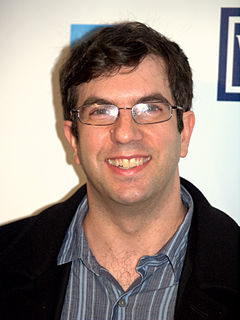A Quote by Steve Blank
Not all startups are alike. One of the key ways they differ is in the relationship between a startup's new product and its market.
Related Quotes
The whole bible is the working out of the relationship between God and man. God is not a dictator barking out orders and demanding silent obedience. Were it so, there would be no relationship at all. No real relationship goes just one way. There are always two active parties. We must have reverence and awe for God, and honor for the chain of tradition. But that doesn't mean we can't use new information to help us read the holy texts in new ways.































